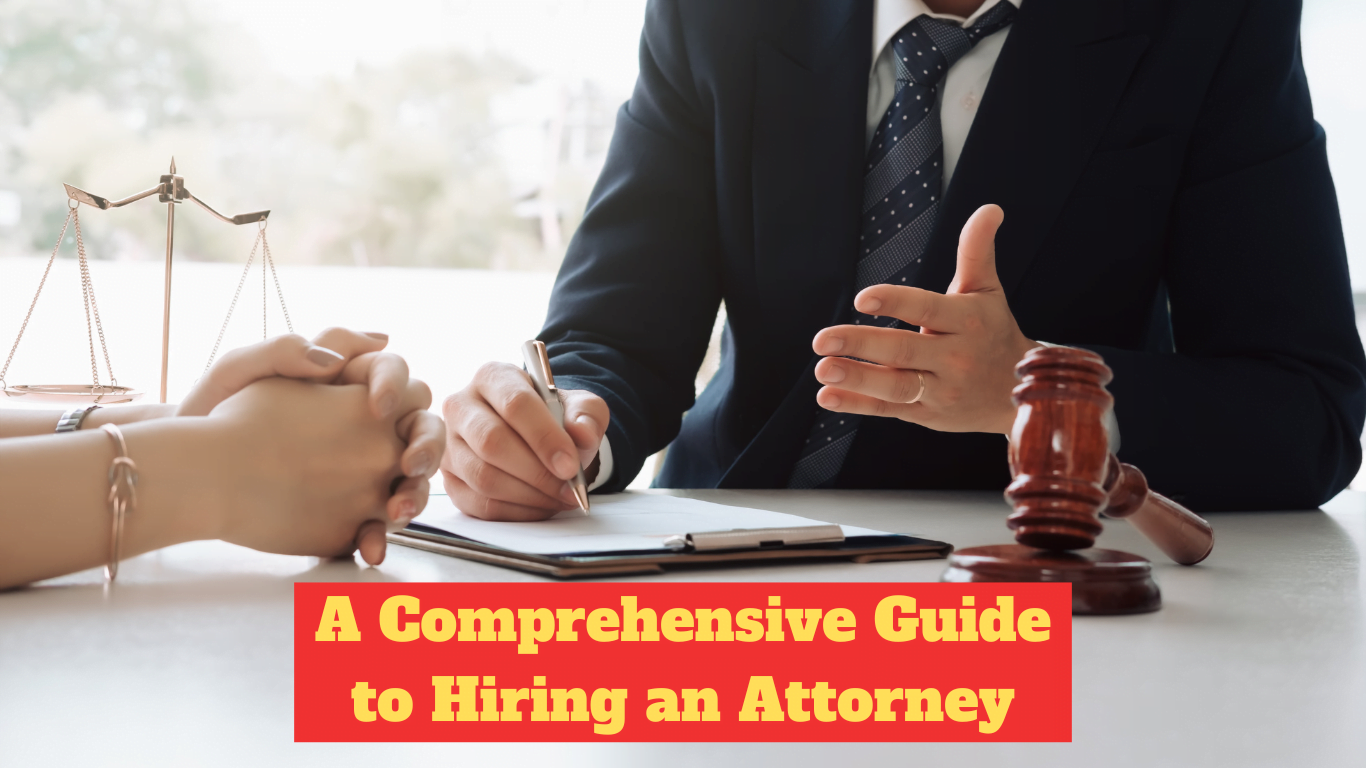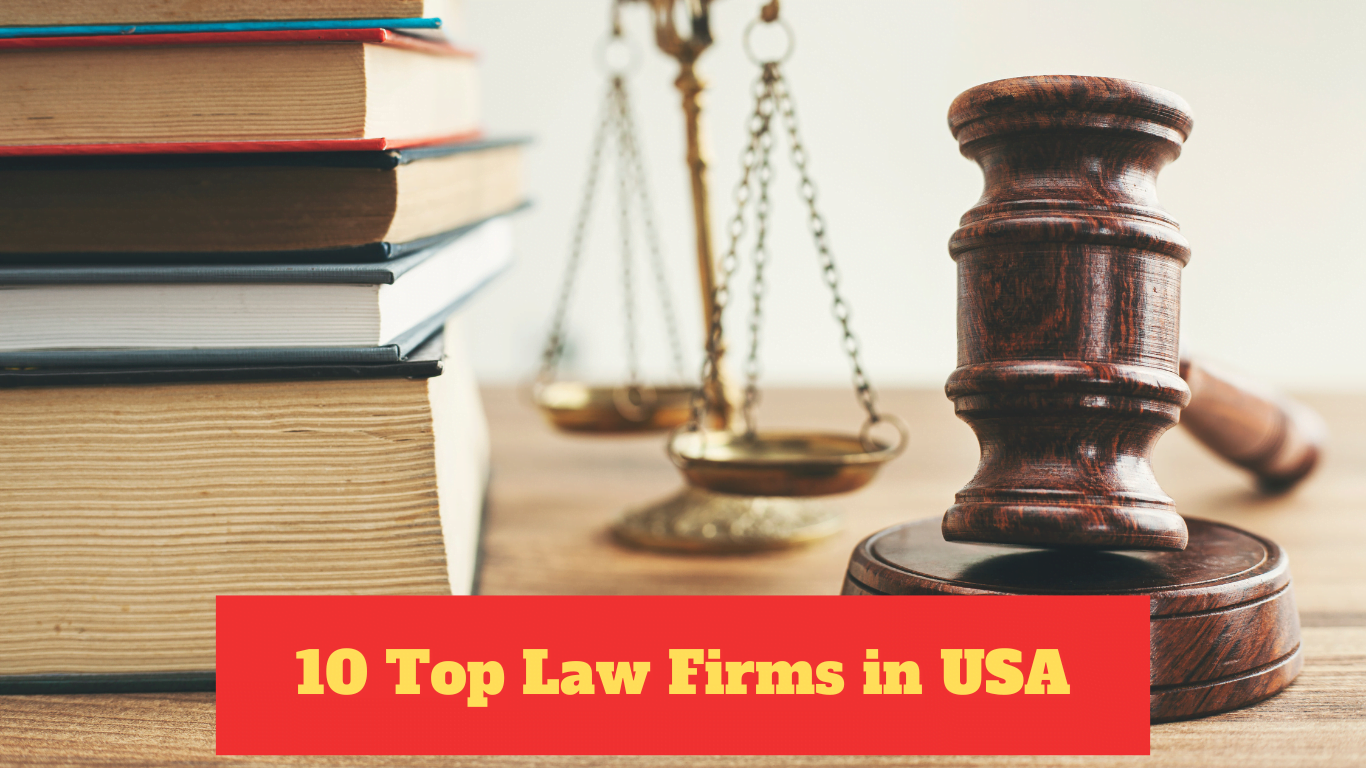Chapter 13 bankruptcy attorneys help people file cases who have a regular income but are struggling to keep up with their bills. The bankruptcy chapter of the US legal system is one of the most complex and complicated in the world.
What is chapter 13 Bankruptcy?
Chapter 13 bankruptcy is understood as reorganization bankruptcy, periodically known as Wage Earner’s Bankruptcy. This kind of Bankruptcy authorizes the person to refund their obligations over three to five years. After the repayment plan is completed, any remaining debt is discharged.
It is also referred to as liquidation. It is a type of Bankruptcy in which the debtor, an individual, proposes a plan to repay creditors over a period of time, usually three to five years. The chapter 13 debtor pays their creditors through a court-approved payment plan and is allowed to keep that particular property, such as a car or a house, that might be taken away in a chapter seven bankruptcy.
Do you meet the requirements for Chapter 13 bankruptcy?
You may qualify for Chapter 13 bankruptcy for the following reasons:
- If your monthly income is more significant than $2,000 and you owe less than $394,725 in unsecured debt, secured debt cannot exceed $1,257,850.
- Being up-to-date on your tax filings would be sufficient.
- If you have filed for Chapter 13 bankruptcy in the ex two years or Chapter 7 bankruptcy in the ex four years, you are not qualified.
- You must maintain a steady income.
- If you have filed a bankruptcy requisition (Chapter 13 or 7) in the ex (180 days) and it was overlooked for causes such as failing to appear in court or yield with bench orders, you are not qualified.
Pros and Cons:
What are some of the edges of filing for chapter 13 bankruptcy?
- You may be capable of keeping your birthplace and additional property.
- Your debts must be repaid within a certain time frame, which is typically three to five years.
- You may be able to get caught up on mortgage or car loan payments that you have fallen behind on.
- After the repayment plan is completed, any remaining debt is discharged.
What are the drawbacks of filing for chapter 13 bankruptcy?
- Your credit report will contain a bankruptcy on it for 7 years.
- You must make payments on time for the duration of the repayment plan, which can be difficult if your financial situation has not improved.
- If you miss a payment, your chapter 13 bankruptcy could be dismissed, and you could lose your home and other property.
- Many types of debt, including child support or alimony, are not dischargeable in chapter 13 bankruptcy.
How an experienced Chapter 13 Bankruptcy Attorney can help you.
If you’re thinking about filing for Chapter 13 bankruptcy, you might be asking if you’ll need the assistance of a bankruptcy lawyer. While you are not required to hire an attorney to file for Chapter 13 bankruptcy, it may be in your best interests to do so.

Here’s what you need to know about hiring a Chapter 13 bankruptcy attorney:
- Hiring a bankruptcy attorney can help ensure that your paperwork is filed correctly and on time.
- Attorneys can assist you in negotiating with your creditors on your behalf.
- With the help of an attorney, you and your creditors can come to a fair repayment agreement.
- In some cases, having an attorney can help expedite the bankruptcy process.
You can find a Chapter 13 bankruptcy attorney:
- Check with your state’s bankruptcy court for a list of suggested attorneys
- American Bankruptcy Institute
- National Association of Consumer Bankruptcy Attorneys
How do you go about filing for Chapter 13 Bankruptcy?
To begin, you must submit a petition with your local bankruptcy court using the assistance of a Chapter 13 bankruptcy Lawyer. In addition to this initial paperwork, you will need to submit several other documents, including:
- A list of your creditors
- A schedule of your assets and liabilities
- A description of your current income and spending
- Your most recent tax return copy
You will also require to attend a meeting of creditors, which will be carried out about a month after you file for Bankruptcy. The trustee will ask queries about your bankruptcy requisition and economic affairs at this appointment. You will also be able to answer any questions your creditors may have.
Chapter 13 bankruptcy Process
- Filing a petition to declare Bankruptcy in your jurisdiction.
- Providing comprehensive information about assets and liabilities.
- Tracking your current income and expenses.
- Creating a repayment plan.
- Submitting several years of filed tax returns and other needed financial information.
After you have filed for chapter 13 bankruptcy, you will need to make payments to the trustee regularly. The trustee will then use this money to pay your creditors according to the terms of your repayment plan. If you make all your payments on time, your chapter 13 bankruptcy attorney and discharge any remaining debt.
Conclusion
It can be a complex process, but with the help of an experienced Chapter 13 bankruptcy attorney, you can get through it. Give us a call today to set up a free consultation. We can help you understand your options and ensure that you take the best possible course of action for your unique situation. Bankruptcy is not something to be taken lightly, but it can give you a fresh start.





4 thoughts on “How to Choose the best Chapter 13 Bankruptcy Attorney for your case | What is Chapter 13 Bankruptcy”
Enjoy state-of-the-art technology here. [Link deleted]
ว้าว ฉันบังเอิญไปเจอบทความนี้ใน Google ฉันรู้สึกสนใจและแท็กมัน แน่นอนว่าฉันชอบเว็บไซต์ของคุณมากเช่นกัน มันกระชับมากและมีบทความและข้อมูลที่น่าสนใจมากมาย <a href="[Link deleted]ถอนเงิน
Individuals may find their purity scores surprising or enlightening, prompting introspection and perhaps a reassessment of their behaviors and values. Ultimately, the Rice Purity Testoffers insight into the diverse experiences that shape our lives. Website : [Link deleted]
Individuals may find their purity scores surprising or enlightening, prompting introspection and perhaps a reassessment of their behaviors and values. Ultimately, the Rice Purity Testoffers insight into the diverse experiences that shape our lives. Website : <a href="[Link deleted]Purity Test